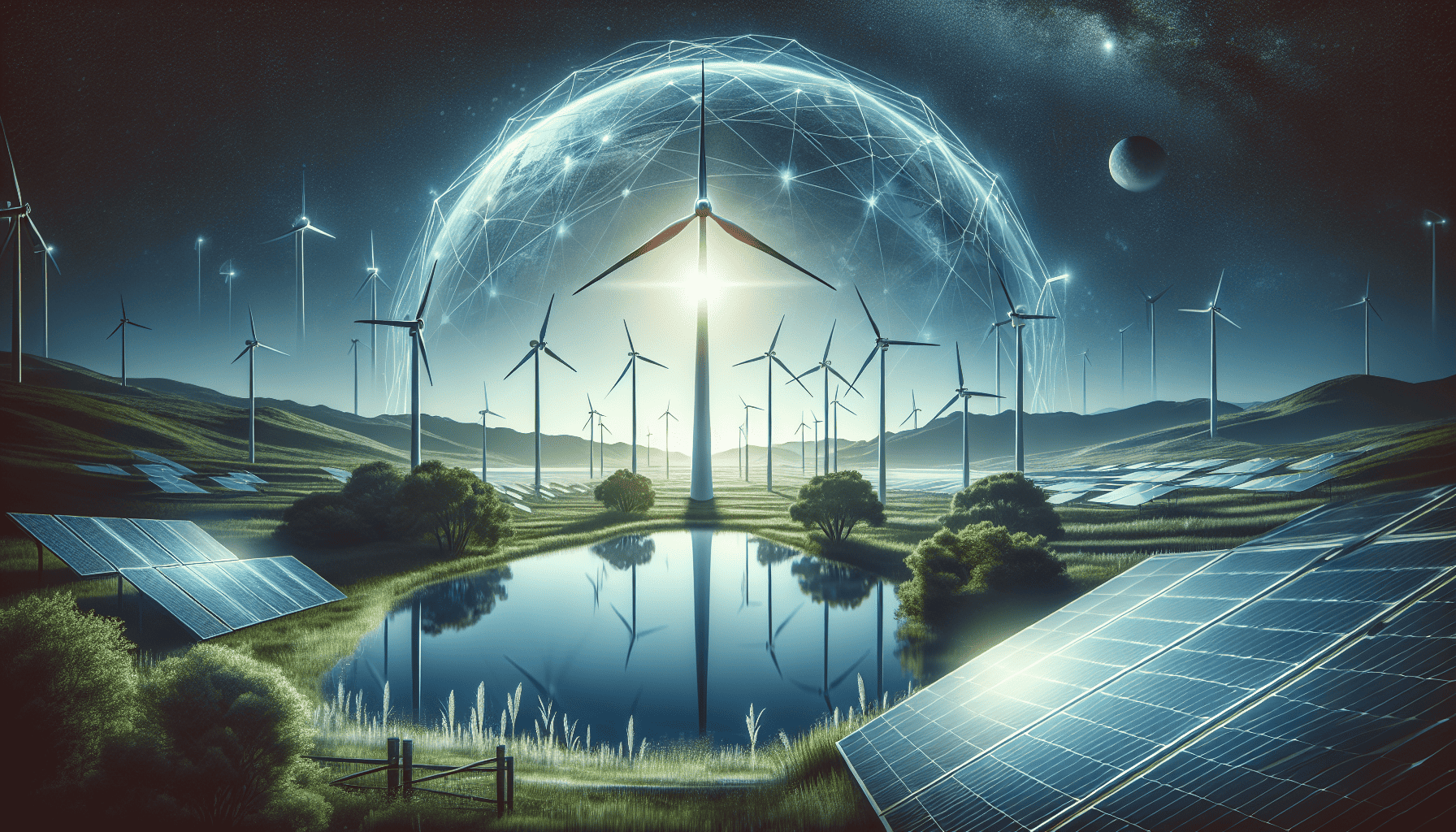As we navigate through 2024, the urgency of addressing climate change and environmental degradation remains at the forefront of global priorities. In response, a dynamic wave of green technology innovations is propelling sustainable practices forward, reshaping industries and lifestyles alike. These technologies span across renewable energy sources, recycling advancements, and eco-friendly innovations, each playing a crucial role in mitigating the ecological impact of human activities.
Renewable Energy: The Backbone of a Greener Future
Renewable energy technologies continue to lead the charge in reducing our carbon footprint. Solar power, for instance, is experiencing a revolutionary transformation with the advent of perovskite solar cells. These cells offer higher energy conversion efficiencies at a lower cost compared to traditional silicon-based models. Furthermore, floating solar farms are making a splash in regions with limited land space, maximizing water bodies to harness solar power effectively.
Wind energy is not left behind, as innovations in turbine design are enhancing performance and reducing costs. Offshore wind farms, now featuring larger and more efficient turbines, are capitalizing on stronger and more consistent winds at sea, delivering robust energy solutions without consuming valuable land resources. Moreover, the development of vertical-axis wind turbines has introduced a new paradigm, overcoming traditional space and noise limitations, making them ideal for urban environments.
Recycling: Closing the Loop on Waste
Recycling technology has undergone significant advances, addressing the global challenge of waste management. Chemical recycling is offering a promising solution to the limitations of traditional mechanical recycling methods. By breaking down plastics to their molecular components, this process allows for the recycling of materials that were previously unrecyclable, providing a sustainable loop for plastic use.
E-waste recycling is another sector witnessing notable innovation. With the proliferation of electronic devices, the volume of e-waste has surged, posing environmental hazards. Cutting-edge techniques for extracting valuable metals from discarded electronics are not only helping in recovering precious materials but also in minimizing toxic exposure and environmental damage. These methods contribute to a circular economy, reducing the need for virgin material extraction and lowering ecological impacts.
Eco-Friendly Innovations: Paving the Way for a Sustainable Lifestyle
Eco-friendly innovations are permeating numerous aspects of everyday life, encouraging sustainable habits and reducing resource consumption. In the fashion industry, sustainable fabrics derived from biodegradable materials like algae and mycelium are gaining traction. These alternatives not only reduce dependency on petrochemical-based fibers but also offer a path towards compostable clothing, lessening landfill contribution.
In construction, green building technologies are setting new standards for energy efficiency and environmental impact. Innovations like carbon-negative concrete and thermally efficient building materials are reshaping architecture, creating structures that are energy-independent and environmentally harmonious. These advancements are coupled with smart building systems, which utilize sensors and automation to optimize energy use and indoor air quality.
The automotive sector is also undergoing a transformation, with electric vehicles (EVs) evolving rapidly. Solid-state batteries are emerging as a game-changer, promising longer ranges and faster charging times. Meanwhile, hydrogen fuel cell technology is gaining momentum as a complementary clean fuel source, particularly beneficial for long-haul and heavy-duty vehicles.
Conclusion
The green technology landscape of 2024 is vibrant and full of promise. As innovations in renewable energy, recycling, and eco-friendly solutions continue to emerge and evolve, they drive us closer to a sustainable future. By embracing these technologies, industries and individuals alike have the opportunity to make significant strides in reducing ecological footprints and achieving long-term environmental goals. As these transformations unfold, the commitment to sustainability is becoming more than a trend—it's a necessity and a shared responsibility for preserving the planet for generations to come.
